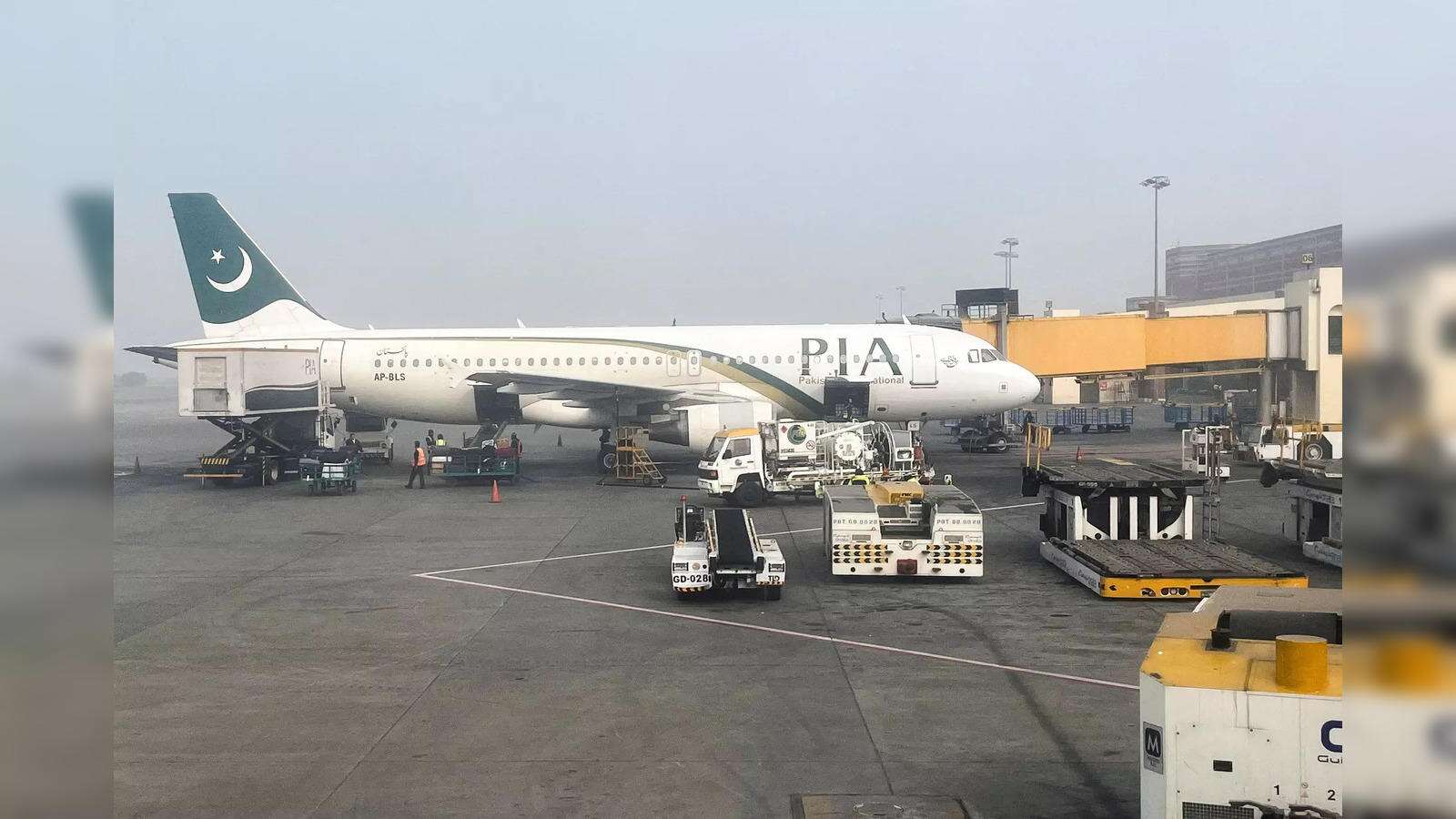Zafar Iqbal
Privatization refers to the transfer of ownership, control, and management of state-owned enterprises (SOEs) to the private sector. In the context of a country like Pakistan, privatization is crucial due to the significant challenges faced by SOEs and the broader economy. This strategy involves selling a portion or the entirety of a government-owned entity to private investors or companies.
The advantages of privatization are multifaceted. Firstly, it can lead to increased efficiency and productivity in previously state-run enterprises. Private ownership often introduces competitive pressures and profit incentives, which can drive improvements in operational processes and overall performance. Additionally, privatization can attract private investment, injecting much-needed capital into the enterprise and stimulating economic activity. This influx of investment can also lead to technological advancements and innovation within the privatized industry.
Furthermore, privatization often results in better service quality and customer satisfaction. Private companies are typically driven by a profit motive and are incentivized to meet consumer demands effectively. This can lead to improved services, increased choice, and better overall experiences for consumers.
From a government perspective, privatization can reduce the burden on public finances. State-owned enterprises often require significant subsidies, bailouts, or funding to remain operational. By transferring these entities to the private sector, the government can free up resources and focus on other critical areas such as education, healthcare, and infrastructure development.
Privatization can also lead to the creation of a more competitive market environment. With multiple private entities vying for market share, consumers can benefit from increased choice, competitive pricing, and improved product or service offerings. This competition can drive further innovation and efficiency in the industry.
While the advantages of privatization are evident, it’s important to note that the process must be carefully managed to mitigate potential drawbacks, such as job losses or reduced access to essential services. Effective regulation and oversight are crucial to ensure that privatization serves the broader public interest and contributes to sustainable economic development.
Pakistan’s economy is currently facing a multitude of challenges, including fiscal deficits, low savings, limited investment, low foreign exchange reserves, economic uncertainty, and rising external debt, which is projected to reach approximately $131.159 billion by the end of the first half of the fiscal year 2024 (July-Dec).
Moreover, state-owned enterprises (SOEs) are significantly burdening the already struggling economy, as evidenced by their total outstanding debt and liabilities amounting to PKR 2.35 trillion as of December 2023. As a strategic move to address this issue, the government has opted for the privatization of unprofitable state-owned enterprises, with particular emphasis on Pakistan International Airlines (PIA).
Established in 1955, PIA initially garnered global prominence with its expansion and extensive air routes. However, the airline has encountered financial challenges, evidenced by a negative equity, outstanding bank loans, and government guarantees. The airline’s decline can be attributed to various factors, including increased political interference, an outdated fleet, high operational expenses, and tough competition due to the ‘Open Sky Policy.’ Additionally, the company has grappled with challenges such as a fake pilot license case, poor airport infrastructure, operational inefficiencies, flight delays, and corruption in the Cargo department.
The Government of Pakistan aims to partially privatize PIA by selling 51% of its share and management rights to mitigate financial and governance issues. The restructuring strategy seeks to segregate aviation-related components from non-core elements, alleviate some of the debt burden on functional units, and generate substantial revenue for the government.
The privatization initiative is anticipated to enhance efficiency and productivity, attract private investment, and improve competitiveness and service quality while safeguarding public interests. However, careful regulation is imperative to avert potential negative outcomes such as increased unemployment, limited access to flight routes, and monopolistic practices.
In order to ensure the success of the privatization process, Pakistan can draw insights from the successful privatization experiences of other nations such as Sri Lanka, the United Kingdom, Latin America, France, and Germany, which have effectively privatized their state-owned enterprises. These experiences underscore the significance of stable macroeconomic frameworks, robust regulatory bodies, and comprehensive, coordinated strategies prioritizing transparency, inclusivity, and consumer affordability.
Therefore, Pakistan’s privatization of PIA and other SOEs can benefit from a thorough examination of successful privatization experiences and the implementation of well-informed decisions to achieve favorable outcomes while safeguarding public interests and ensuring sustainable development.

















